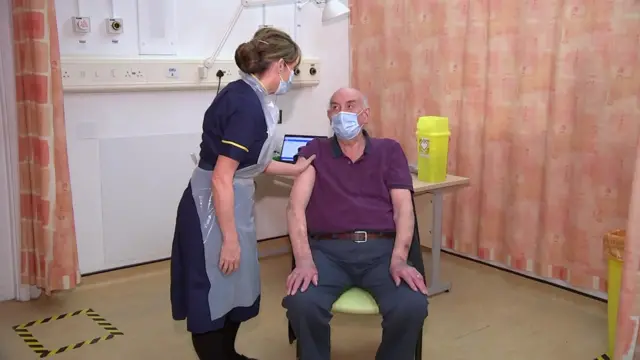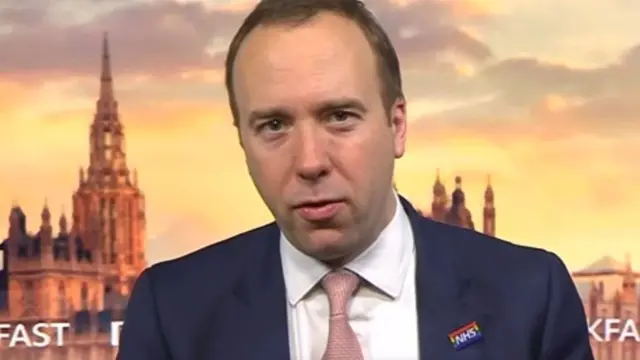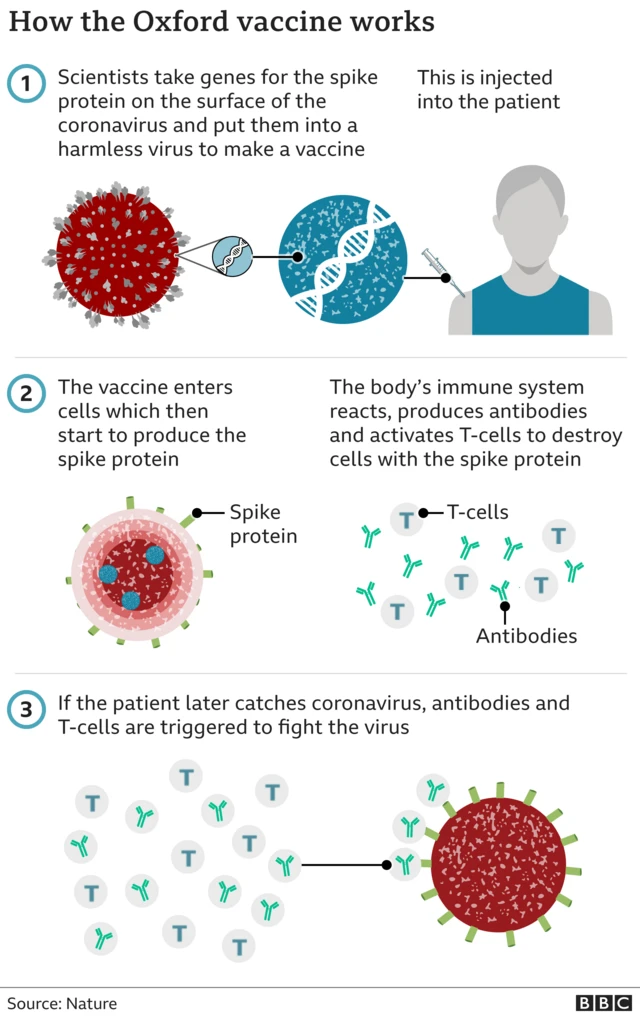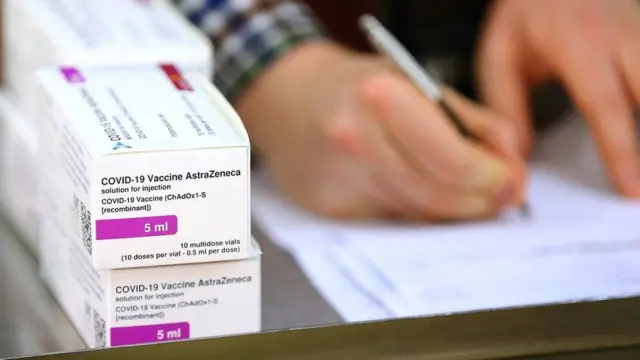Watch: When schools open, disease spreads more - Hancockpublished at 09:06 GMT 4 January 2021
Hancock: 'When schools are open we know that spreads the disease more'
Health Secretary Matt Hancock has been speaking to BBC Breakfast this morning as most primary schools in England are due to reopen.
The government is under pressure from unions to keep more schools shut and introduce online learning for a period, to keep coronavirus infection rates down.
The health secretary says schools are safe but adds, talking about closures in London and the South East "when schools are open we know that spreads the disease more".





